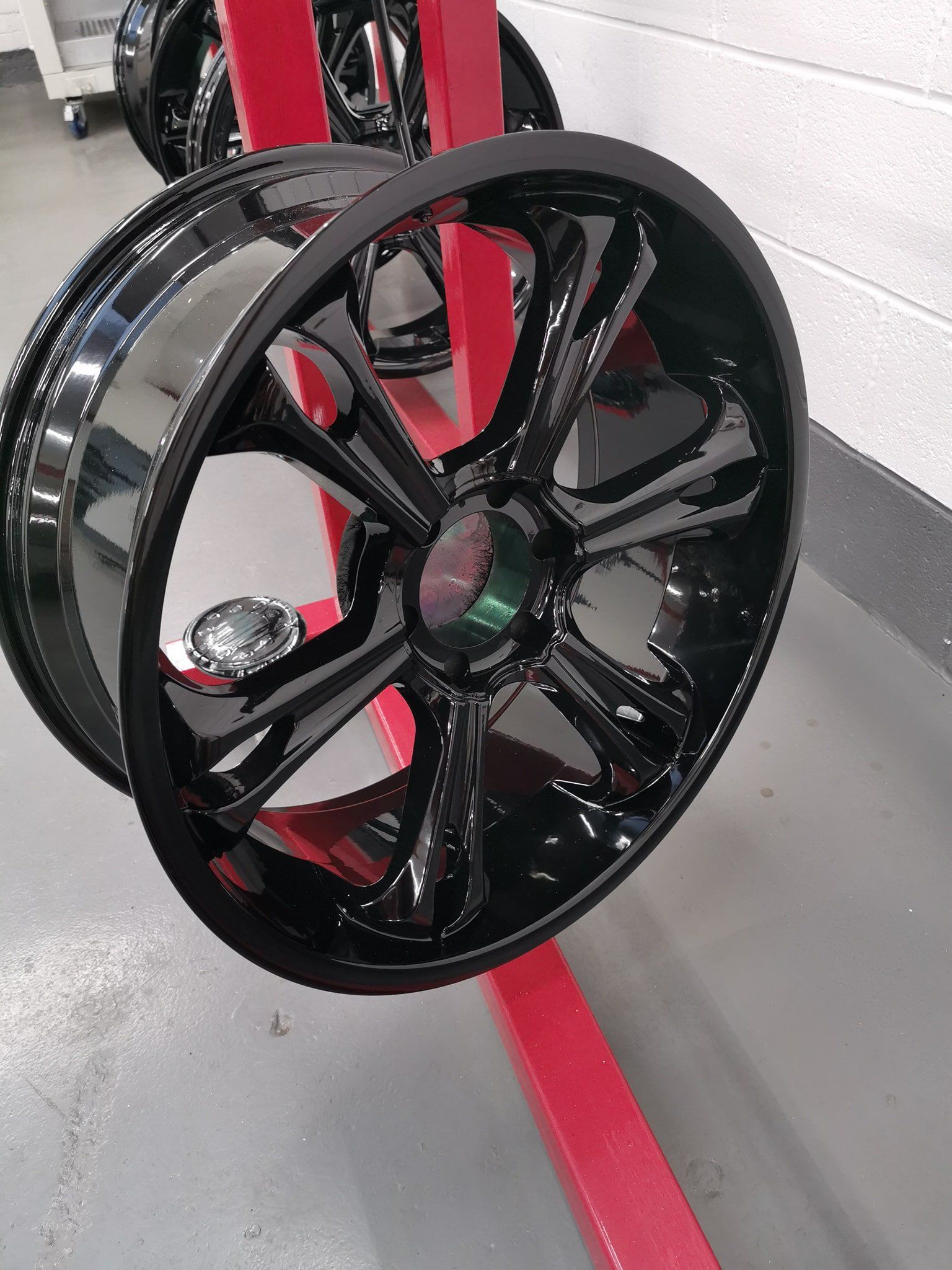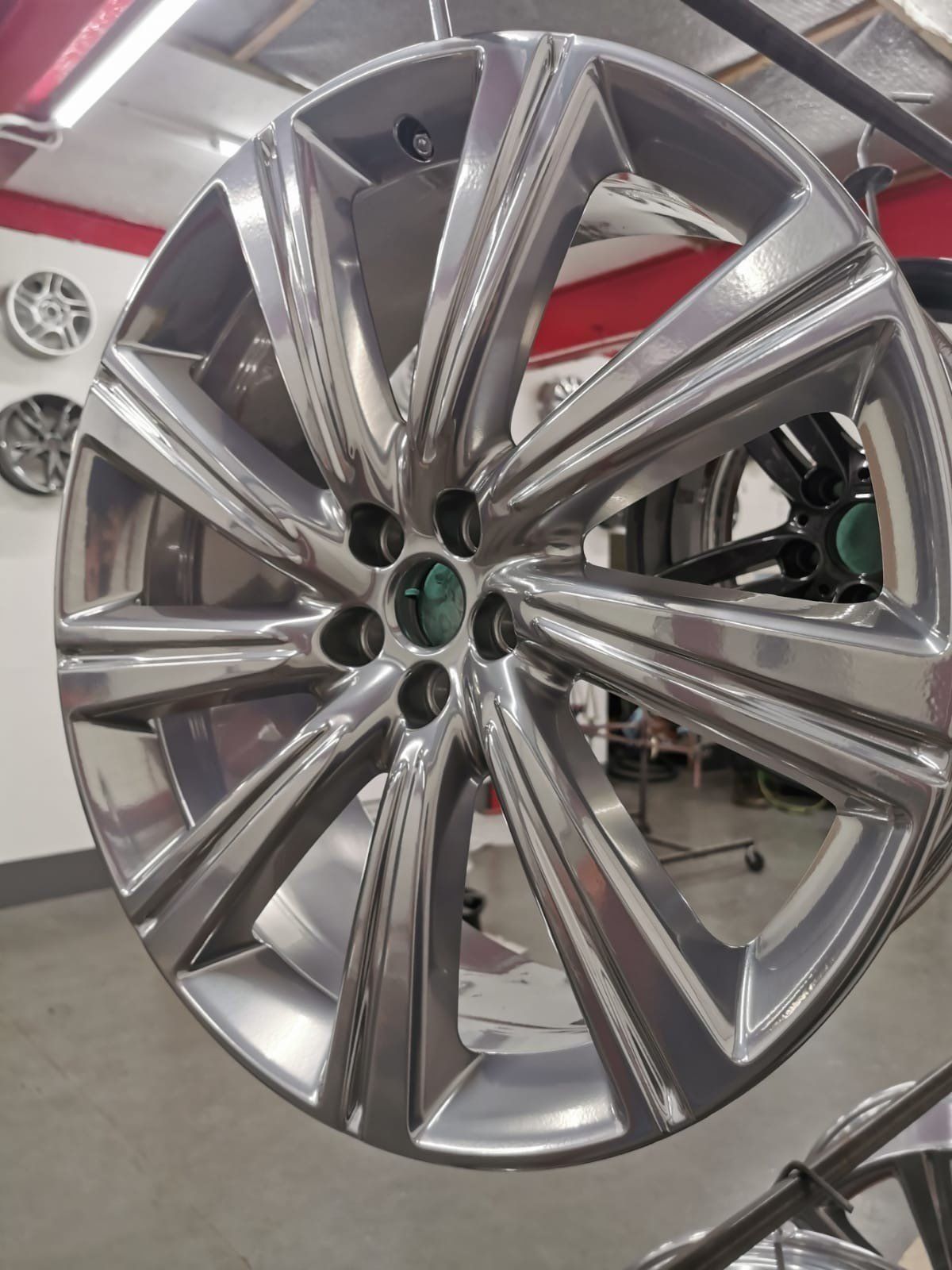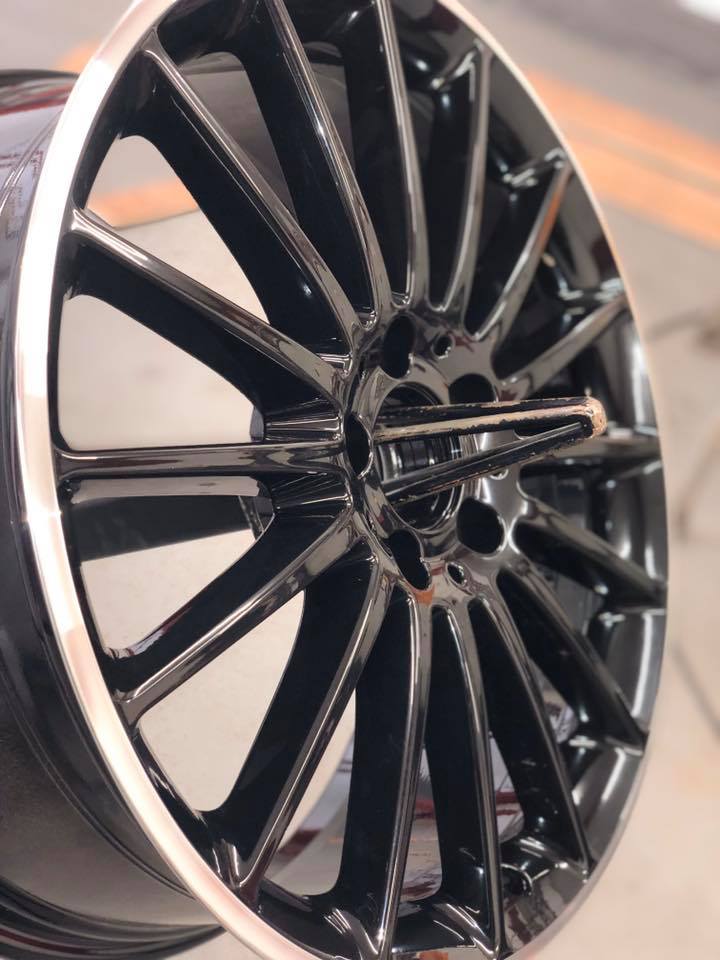The Effects of Weather Damage on Alloy Wheels

Alloy wheels are a popular choice for many vehicle and commercial vehicle owners because they offer improved performance, fuel efficiency, and aesthetic appeal. However, like all components of a vehicle, alloy wheels are also susceptible to the effects of weather. Harsh weather conditions can cause major or minor damage and it can be a real annoyance to spend a lot of money on a new pair of custom alloys and see them deteriorate quickly. This weather impact is felt most in the height of summer and the middle of winter so we thought this blog post would be useful to help you get ready for what’s likely to be another hot summer.
In this article, we will discuss the impact of weather conditions on alloy wheels and provide tips for protecting them. Being aware of how to handle weather conditions and how they can impact the appearance of your alloys is a key step into making your tires last longer and reducing the amount you have to spend on topping up your alloys or getting them repaired.
Corrosion
Corrosion is a significant problem for
alloy wheels, particularly in areas with high humidity or salt exposure. Salt, in particular, can corrode the protective coating on the wheels, leading to pitting, rust, and discoloration. The best way to protect against corrosion is to clean the wheels regularly and apply a protective coating.
Heat
Extreme heat can cause alloy wheels to expand, which can lead to deformation, warping, or cracking. This is especially true in areas with high temperatures or where the roads are hot, such as in desert areas. To minimise the effects of heat on alloy wheels, avoid driving on rough roads, and ensure that the tires are properly inflated.
Cold
Cold temperatures can also affect alloy wheels. When the temperature drops, the air inside the tires contracts, leading to a drop in tire pressure. Low tire pressure can cause the wheels to deform or crack, reducing their lifespan. Therefore, it's important to keep the tires properly inflated, especially during the cold winter months.
Moisture
Moisture can be detrimental to alloy wheels, especially if it gets inside the wheels or tires. Water can cause the wheels to corrode, leading to pitting, rust, and discoloration. Moisture can also cause the tires to deteriorate or crack, reducing their lifespan. To protect alloy wheels from moisture, avoid driving through deep puddles or flooded areas, and ensure that the wheels are properly sealed.
UV Radiation
UV radiation from the sun can cause the protective coating on alloy wheels to degrade, leading to discoloration and fading. This effect is more impactful on darker and bolder colours. It's essential to clean the wheels regularly and apply a protective coating to prevent the damaging effects of UV radiation.
In conclusion, the effects of weather on alloy wheels can be detrimental, leading to corrosion, deformation, warping, cracking, and discoloration. To protect alloy wheels from the effects of weather, it's essential to clean them regularly, keep the tires properly inflated, avoid driving on rough roads, and apply a protective coating. By taking these simple steps, vehicle owners can ensure that their alloy wheels remain in top condition, providing improved performance and aesthetic appeal for years to come.
LOCATION
Unit 39 Limestone Cottage Lane, Nutwood Trading Estate, Sheffield,
South Yorkshire, S6 1NJ
Copyright © 2024 All Rights Reserved RS Wheels
Privacy Policy
Website Designed by Up2speed Marketing Limited










